Ministers
The importance of Qatar’s plans to achieve a zero waste economy, primarily through avoiding sending waste to landfill, was evident recently by the presence of two Ministers at the country’s waste management conference in Doha.
Both the Minister for Municipality, H.E. Dr Abdullah bin Abdulaziz bin Turki Al Subaie, and the Minister of Environment & Climate Change HE Sheikh Dr Faleh bin Nasser bin Ahmed bin Ali Al Thani, spoke on the second day of the conference held in mid-June 2022. They also participated in a panel discussion and took questions from the audience.
‘Huge effort’
The Minister for Municipality explained how for the past three years the Ministry had exerted a “huge effort in terms of preparing our holistic and comprehensive national strategy related to solid waste management based on the current situation and development of plans for the next decade.”
And, reflecting a growing view in many parts of the world about how waste should be seen, Dr Abdulla Al Subaie declared: “We should have called the waste a national treasure that should be utilised and exploited and we can create an added economic value from the waste.”
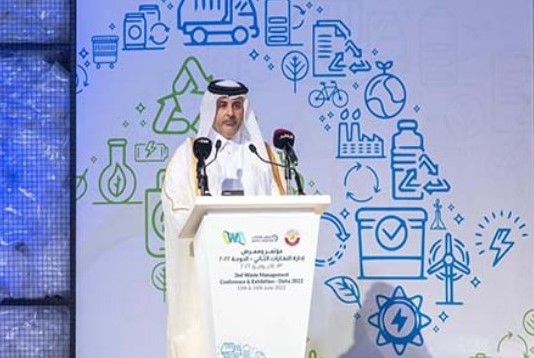
Pointing to rising waste volumes, particularly in the construction and business sectors, he explained that waste production is increasing rapidly, more than the population growth due to economic activities. He also referenced the country’s energy from waste plant: “We in the State of Qatar have succeeded in specific sectors like transforming waste into energy, these are leading edge projects that have been implemented over the past couple of years.”
Recycling messaging features prominently in the Ministry’s work, the Minister said.
“We have focused on awareness, at the level of individuals, corporates, organisations and stakeholders – they are all partners in this sector. The producers, transporters of the waste, recycling also the end users, there must be a general awareness of our objectives we wish to achieve.”
We have focused on awareness, at the level of individuals, corporates, organisations and stakeholders – they are all partners in this sector.
Such messaging includes reducing the generation of waste and around the quality of the waste that should be recycled.
Dr Abdulla Al Subaie noted that the quality of recyclables was important to helping develop the circular economy “which creates and generates added value, with the sorting out and segregation of the waste.” He remarked that the earlier waste can be segregated for recycling, the better.
Segregation
Qatar, he said is, developing leading edge technologies and segregation centres.
“We have a very detailed programme that addresses these issues. Our target is that in 2030 we aim to reach zero waste and we mean to reduce the waste that is dumped in the landfills and introduce these types of waste into the circular economy.”
Importantly, he reflected the stance of the Qatari government which will introduce regulations but by and large projects will be implemented by the private sector.
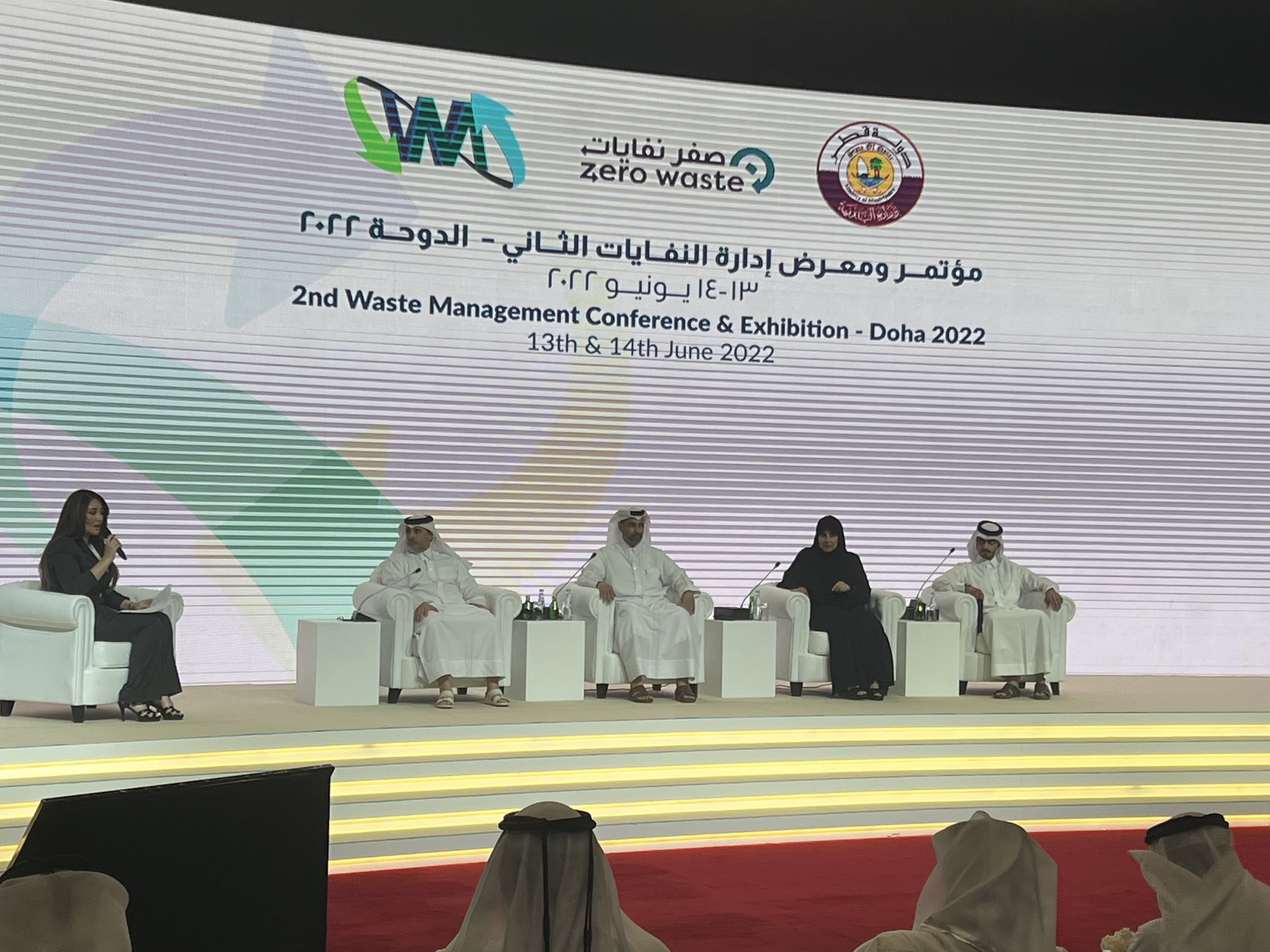
Encouraging reuse
Next to speak was H.E. Sheikh Dr Faleh Al Thani, the Minister for Environment and Climate Change. The latter is a relatively new ministry, emphasising the country’s recognition of the importance of tackling climate change.
The Minister explained how the country had launched the National Programme for Waste Treatment and he agreed with the Minister of Municipality that waste needed to be addressed as a treasure.
He said: “Yesterday I visited the exhibition and I have seen first-hand the great efforts of the private sector on waste… now part of it is recycled and reused. At the Ministry of Environment and Climate Change we encourage the reuse and recycling of all types of waste and reuse. We have a sustainability department which would help allow the private sector to utilise these opportunities.
“We issue licences for these projects to ensure that these projects comply with specifications and authorisations and ensure that there is no contamination from using these wastes, to ensure that the best environmentally friendly technologies are used.”
We encourage further sustainability through reuse – the more reuse the better
Emphasising sustainability in various ways, he said: “Also, we encourage further sustainability through reuse – the more reuse the better. We hope to achieve 80% of recycling of material – in the Ministry of Environment, this is the ultimate goal. We hope that the government is playing its role in providing the licensing, financing and other incentives, and we hope that the private sector will seize this opportunity.”
Education
Speaking alongside the ministers was academic, Professor Maram Al-Ali AlMaadeed, vice-president for research and graduate studies at the University of Qatar.
Professor AlMaadeed spoke of the importance of education in terms of creating environmental awareness.
“We are building a holistic character of students from the beginning from kindergarten to university level. The education setup is highly developed and we have many specialisations at different universities that support the special protection of the environment and waste management and waste treatment.”
The University of Qatar has a number of specialisations in the faculties of science and engineering and economics which provide technical as well as development skills regarding the environment and waste management, she explained.
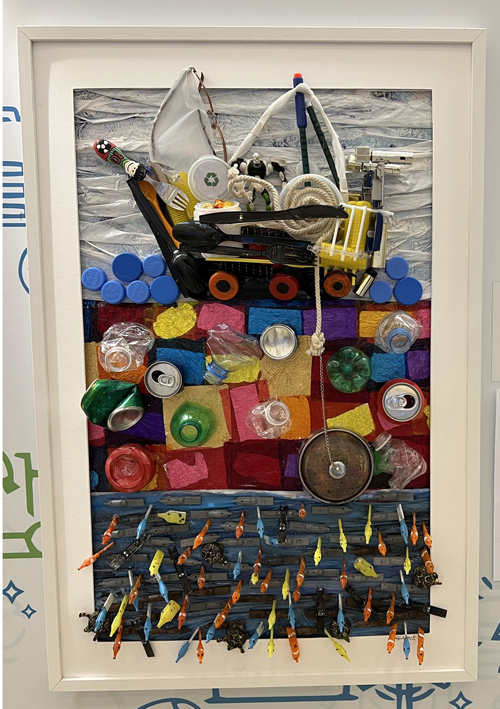
And, she warned that “the educational sector should not stay in a silo, isolated from the humanity and society. It needs to be engaged with all stakeholders and we are very proud of the partnership with the government, with the Ministry of Municipality who are working on a number of very important projects such as the reuse of soil.”
During the question and answers session, the Minister of Municipality agreed with the importance of education. He said: “The success of this strategy is very much linked to the active participation of all sectors of society even children at a very young age and I do thank the minister of Education, Higher Education and the educational institutions, and I thank the companies and corporations sponsoring the activities of students and schools, such as promoting the protection of the environment, reducing food waste and promoting recycling as well as eliminating the use of plastic products.”
Dr Abdulla Al Subaie predicted: “In the coming years and decades we will have a community and society which is very informed and supportive of environmental issues through life practices as well as jobs.”
He described how a range of government and private institutions are revisiting their policies and regulations around their waste management process including the reuse and mitigation of waste. In all this the private sector “is tasked with a huge voluntary effort – also we urge the sector to develop the capacities and capabilities.”
WM and the treatment required investment, follow up monitoring and supervision. The private sector is key, I would like to highly the utilisation of technology, the advancement of machinery.
Three out of eight municipalities had outsource cleaning [waste services] to the private sector, he said so “I hope this experience will succeed and also the transfer stations. The success of the private sector in transporting waste will make us more reliant on the private sector in other areas.”
Legislation
Future projects, explained the Minister, include an engineered landfill and for recycling we have provided land and “we hope that we will go forward with the operation of these recycling facilities. Many materials need to be recycled and in terms of enacting legislation and laws, we have enacted a law banning the use of plastic bags and we have experience of recycling of construction waste which has been very successful. We hope that performance will exceed our expectations.”
Asked about Qatar’s two bin system, the Minister explained that this is at an early stage with schools and institutions issued with them so far. Measurement is underway and the quality generated is being monitored.





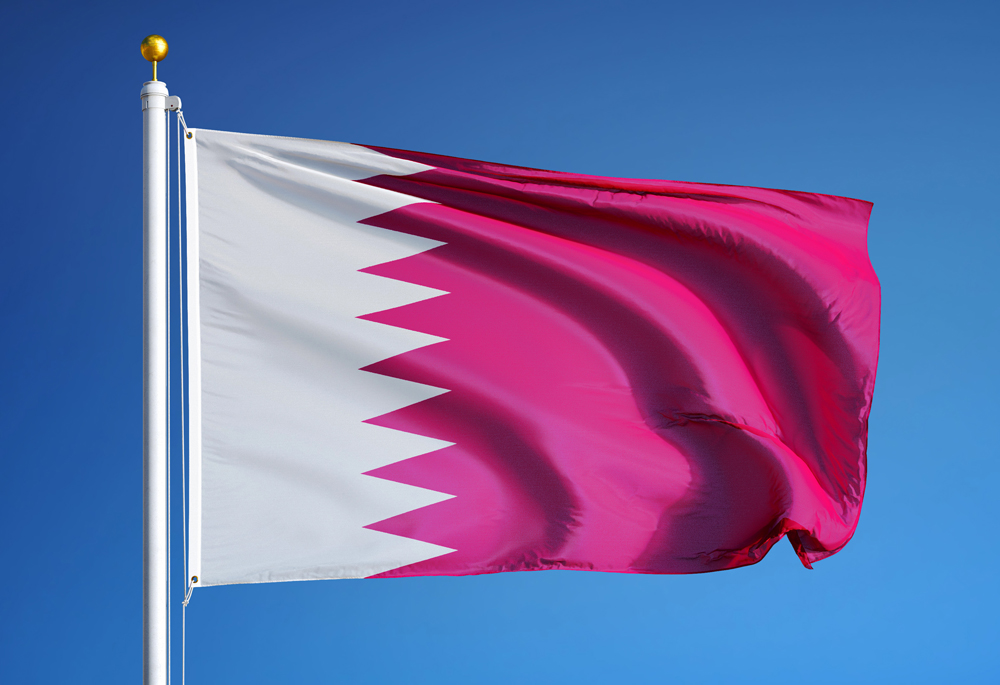


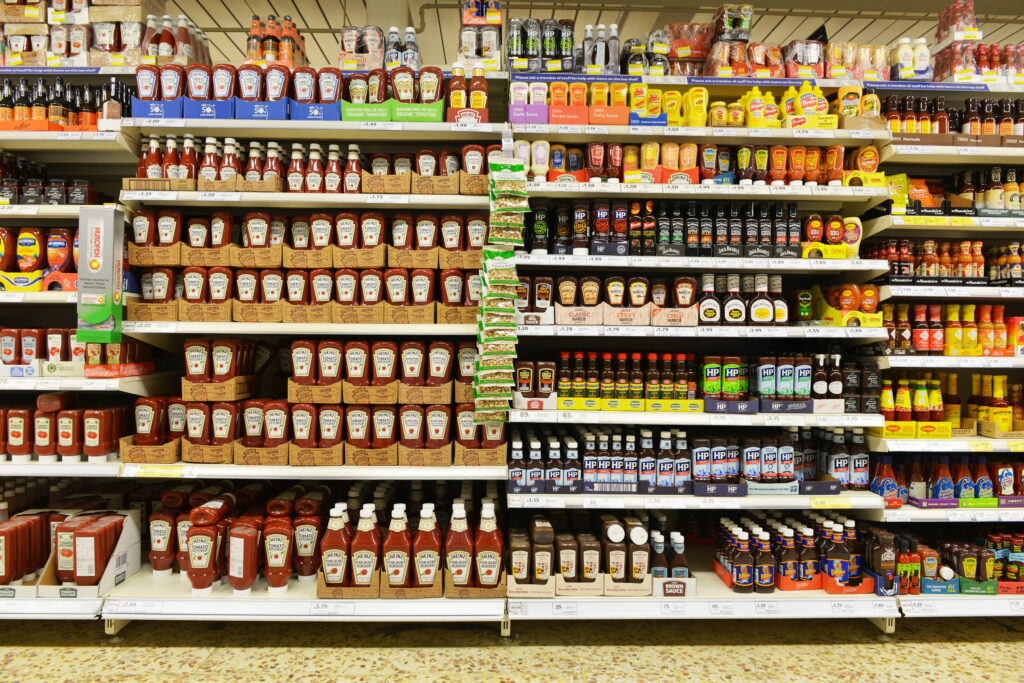
Subscribe for free